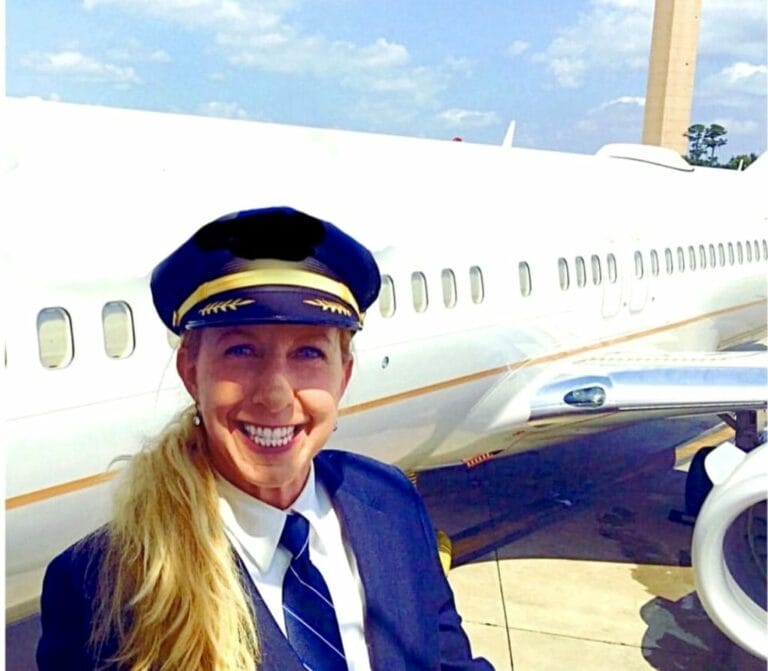Women Faith Leaders Shape New Era of Religious Dialogue and Peace-Building
Empowering women leaders redefine interfaith dialogue, advocating for inclusive harmony and religious freedom. The rise of female-led initiatives shapes a brighter future.

The landscape of interfaith dialogue and religious freedom advocacy is experiencing a remarkable shift as women leaders increasingly take centre stage in fostering cross-cultural understanding and peaceful coexistence. This evolving narrative highlights the critical role of female leadership in bridging religious divides and promoting inclusive dialogue across faith communities.
This progressive movement gained further recognition recently when Anila Ali, founder and president of the American Muslim and Multifaith Women’s Empowerment Council, received the International Religious Freedom Builder’s Award. Her selection spotlights the growing influence of women-led initiatives in advancing religious freedom and interfaith harmony.
The Rise of Women-Led Interfaith Initiatives
Recent developments in interfaith leadership reveal an encouraging trend toward more inclusive and diverse religious dialogue. According to the Berkeley Center for Religion, Peace and World Affairs, women of faith are increasingly taking pivotal roles in peace-building efforts and fostering cross-cultural understanding.
‘Religious freedom, women’s empowerment and interfaith harmony are interconnected elements that strengthen the fabric of our society’, notes Anila Ali, whose work spans from advocating for girls’ education in Pakistan to fostering Muslim-Jewish solidarity in the United States.
Breaking New Ground in Religious Freedom Advocacy
The evolution of religious freedom advocacy has seen significant advancement through multifaceted approaches. These efforts include documenting religious persecution, engaging with legislative bodies and creating platforms for meaningful dialogue between different faith communities.
Contemporary interfaith initiatives are particularly notable for their practical focus on actionable outcomes. This includes educational programmes, community outreach efforts and policy advocacy work that directly impacts local communities while contributing to broader social change.
Building Bridges Across Faith Communities
The success of modern interfaith initiatives often lies in their ability to address complex challenges through collaborative approaches. Women leaders in this space are particularly effective at creating inclusive environments that welcome diverse perspectives and foster genuine dialogue.
Recent developments in interfaith leadership demonstrate how women-led organisations are particularly successful at:
- Creating sustainable platforms for interfaith dialogue
- Addressing religious persecution through documented evidence and advocacy
- Developing educational initiatives that promote religious literacy
- Building coalitions across different faith communities
- Engaging with political leaders to effect policy changes
The Future of Religious Freedom Advocacy
Looking ahead, the role of women in shaping religious freedom advocacy continues to expand. According to recent initiatives highlighted by the Black Women’s Religious Activism Conference, there is growing emphasis on intergenerational and international conversations about the meaning and practice of religious activism.
The impact of these efforts extends beyond religious communities, contributing to broader social cohesion and peace-building initiatives. This approach recognises that religious freedom and women’s empowerment are fundamental components of stable, prosperous societies.
Fostering Sustainable Change
The success of current interfaith initiatives suggests a promising future for religious freedom advocacy. By combining grassroots activism with high-level policy engagement, these efforts create lasting impact at both local and international levels.
This comprehensive approach to religious freedom advocacy, exemplified by leaders like Ali, demonstrates how women-led initiatives are creating new paradigms for interfaith dialogue and cooperation. These efforts not only address immediate challenges but also lay the groundwork for lasting peace and understanding between different faith communities.
As these initiatives continue to evolve, they provide a blueprint for future generations of religious freedom advocates, demonstrating how dedicated leadership and collaborative approaches can create meaningful change in an increasingly interconnected world.
Do you want to share your story and inspire our readers ? Make The GOOD NEWS with us . Let’s start paving the way for a fairer, happier society together!





